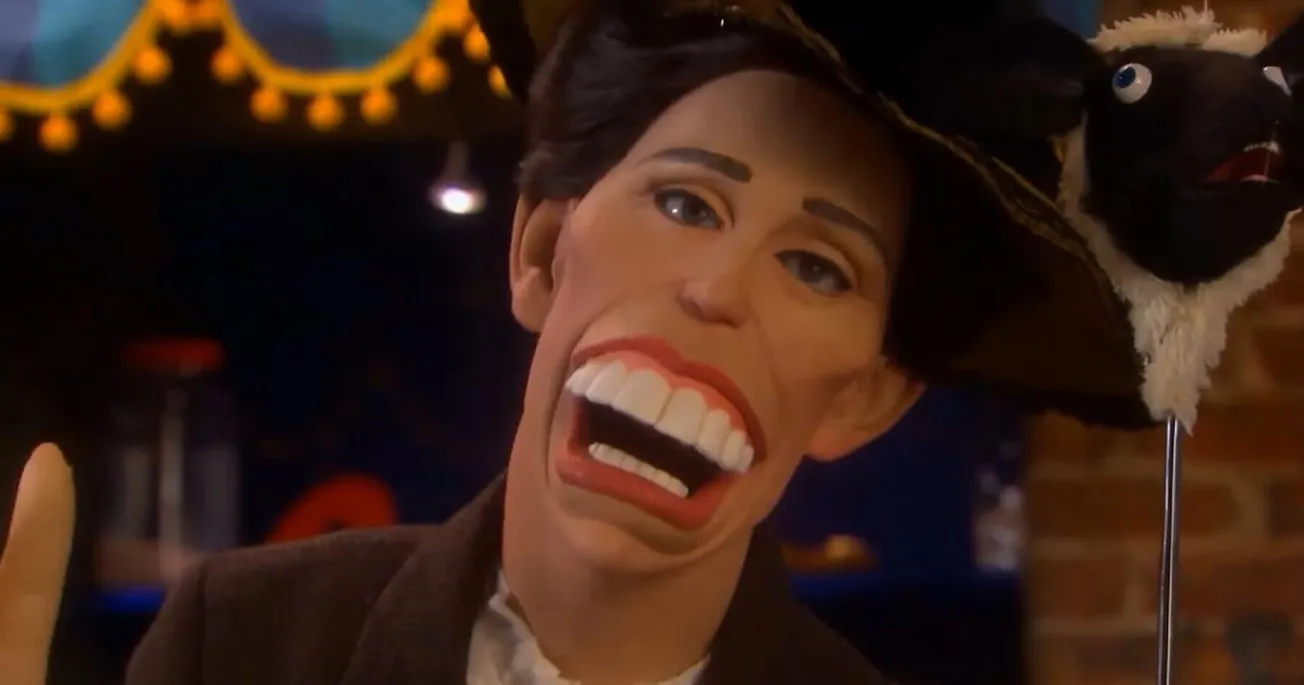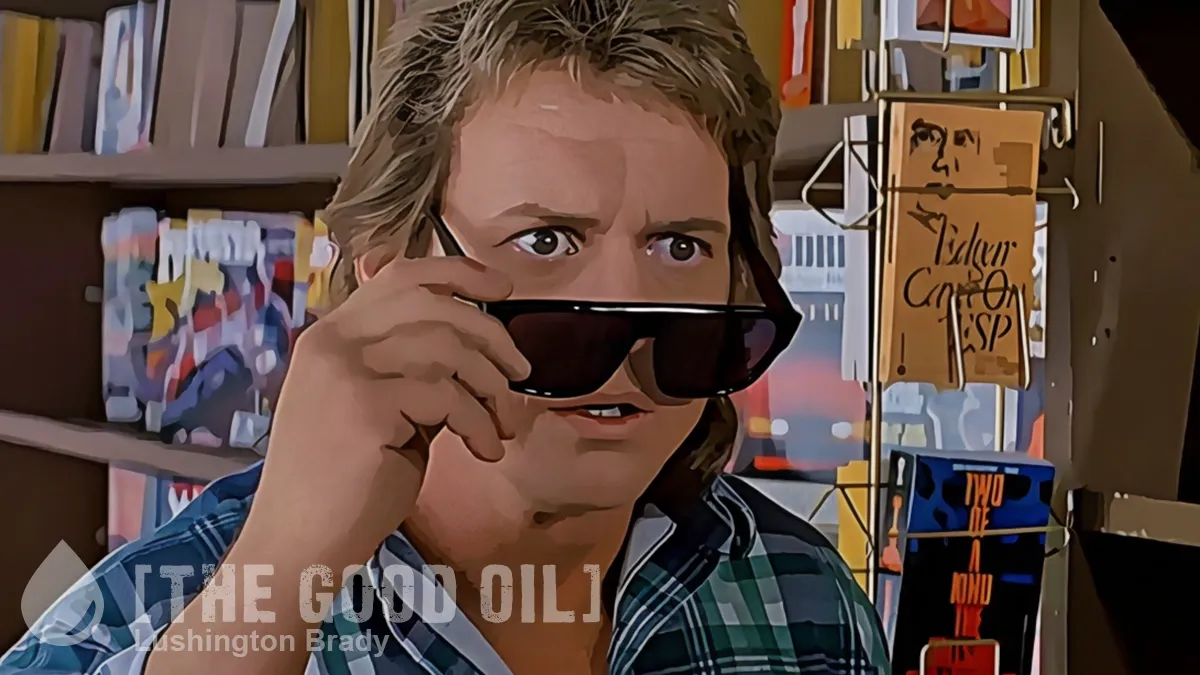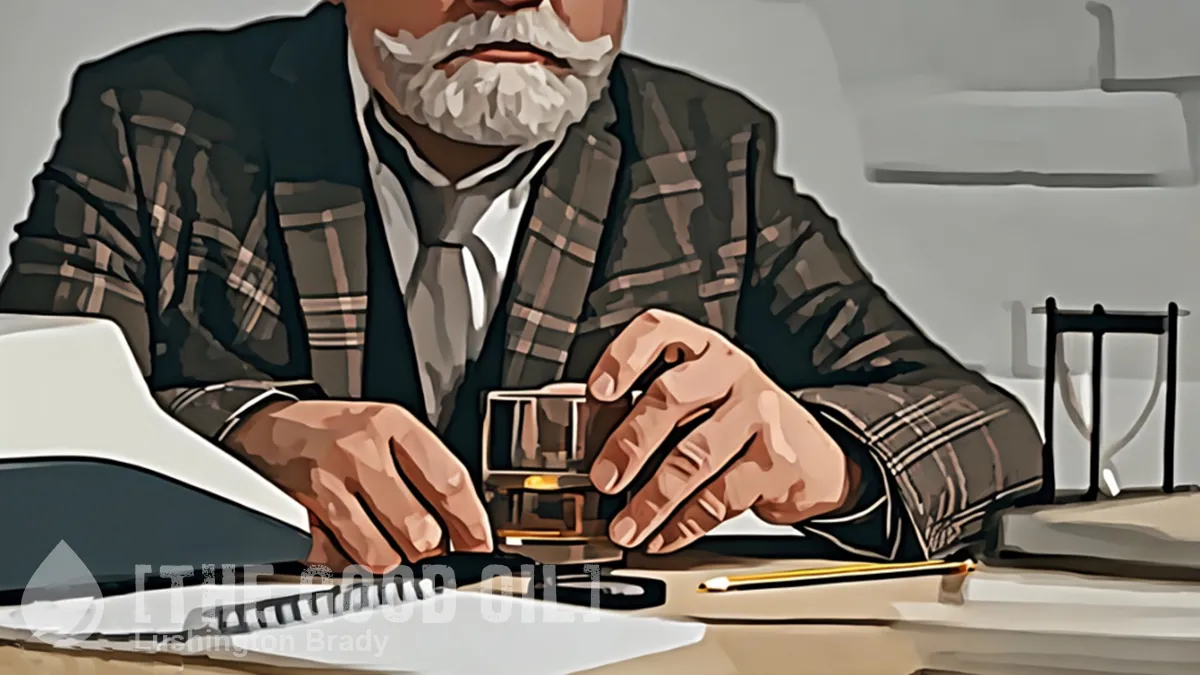Table of Contents
UK political satire series Spitting Image has featured a critical take on New Zealand Prime Minister Jacinda Ardern’s support for the country’s new euthanasia law.
Episode seven of the series, which has returned after a 24-year hiatus, included a sketch of Jacinda Ardern as Mary Poppins singing and dancing as she celebrated the introduction of the euthanasia law.
In the sketch, Jacinda meets an elderly couple. Greeting the couple with the Maori language greeting “Kia Ora” she welcomes “Another practically perfect day in New Zealand.”
One of the couple replies “Yes Jacinda, except for this bit of arthritis in my knee.” This prompts Jacinda to reply “We can’t have that, but thanks to recent legislation, we have a solution.”
The character then bursts into song, with a parody version of the “A spoonful of sugar” song from Mary Poppins.
“With every joint that seems to ache, there is an option you can take. We passed, you see, a law for you and me. A spot of euthanasia helps the elderly go down, the wobbly go down, the knobbly go down. A spot of euthanasia keeps the health bill way down, in a cost-effective way.
Support for extreme euthanasia law
Earlier this year New Zealand voted to introduce an extreme assisted suicide law in a binding public referendum.
Prior to being put to a referendum, the legislation passed through the New Zealand Parliament and was supported by Jacinda Ardern.
While votes on the Bill were not officially whipped, her support for the Bill was pivotal to ensuring that the Bill had the numbers to pass, given that she is the leader of the Labour Party.
The introduction of assisted suicide followed Jacinda Ardern’s Government introducing the world’s most extreme abortion law to New Zealand earlier this year.
Drastic law change
The drastic change in law, which will allow assisted suicide or euthanasia if certain eligibility criteria are met, will see New Zealand join a very small group of countries – including the Netherlands and Canada – which already allow doctors to end the lives of their patients.
Ahead of the referendum, legal risk lawyers and healthcare professionals have expressed deep concern with the legislation and its lack of safeguards.
These include: no assessment to check individuals aren’t being coerced into assisted dying or euthanasia; no mental health checks; concerns about pressure to choose death due to lack of options; and a potential lack of equal access to good palliative care.
In addition, both the World Medical Association and New Zealand Medical Association are opposed to euthanasia and assisted suicide. Over 1,800 New Zealand doctors have come together to form the ‘Doctors Say No’ movement opposing the law change in New Zealand.
In their open letter to New Zealanders, they urged Kiwis to “leave doctors to focus on saving lives and providing real care to the dying.”
Hospice New Zealand, which provides end of life palliative care, also “opposes and disagrees with the intent of the Act”.
The group is particularly concerned that individuals with a terminal illness may feel pressured to choose death.
‘Lack of support’
Ahead of the referendum, a number of people with chronic illnesses raised their concerns and voiced their opposition to the extreme law change.
Claire Freeman, who was involved in a car accident causing her to become tetraplegic, has spoken out forcefully against assisted suicide.
In a short documentary for #DefendNZ, Claire revealed that after attempting suicide more than once, health professionals “encouraged [her] to explore assisted suicide”.
During her recuperation in hospital, Claire realised “being offered assisted suicide instead of suicide support was disturbing.”
She added: “I had been told ‘if I was in your position, with your disability, I wouldn’t want to live’ by the very health professionals who are there to help suicide survivors… I realised my biggest problem had been my mindset and a lack of proper support.”
Woman with terminal cancer against assisted suicide
Vicki Walsh was told in June 2011 her brain cancer diagnosis was terminal and she only had 12 to 14 months to live.
However, now aged 53, Walsh has had nine more years of life since.
Revealing to Newshub why she’s against the legislative change, Vicki said those additional years of life may not have happened if the choice of assisted dying had been available because she would’ve taken it.
“Obviously euthanasia wasn’t an option, but I had a go at killing myself. So had euthanasia been an option then, it is probably one I would have taken, not realising I was actually depressed,” she said.
Up until then, she had always believed people should have the choice of assisted dying, saying it was, ‘My body, my choice’. But after her suicide attempt, her views changed.
Now, she is enjoying life with her family: “I don’t want to rob my children of that one smile or one kiss,” she added.
‘This law is not safe’
Dr Huhana Hickey, a human rights lawyer with Multiple sclerosis, says: “I don’t believe this law is safe for the disability community, for the Maori community or for anyone who has a risk factor in their lives.”
If you enjoyed this BFD article please share it.









